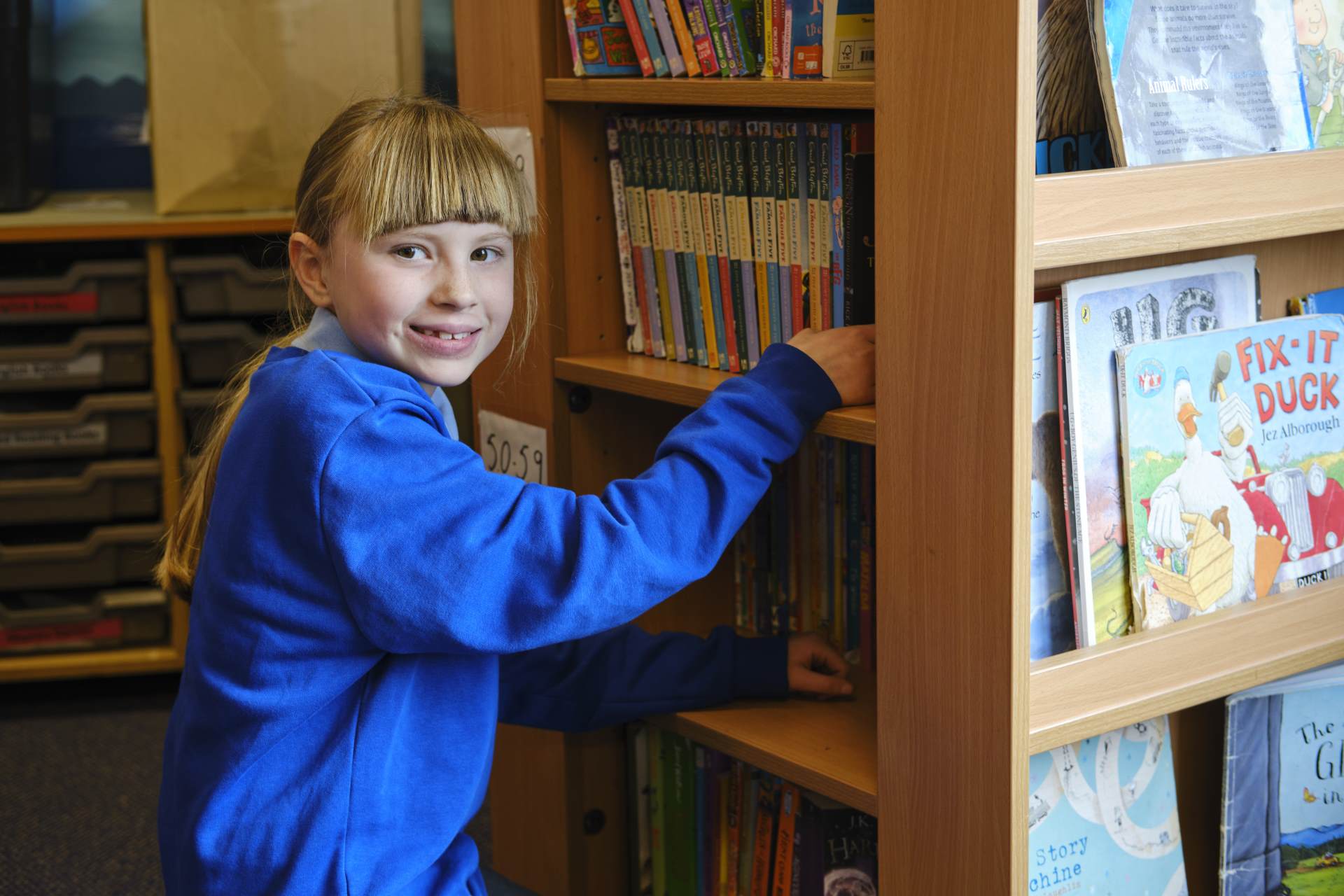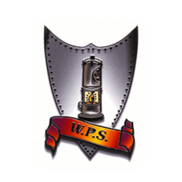

Reading
At Wardley Primary, we understand that being able to read provides children with access to the world around them and supports their ability to learn and develop in all other areas. However, reading also brings a joy and a sense of astonishment that cannot be achieved in any other way; children can discover new worlds, reflect on the past and explore emotions from the point of view of people like them and those who are very different.
Early Reading and Phonics
In the Foundation Stage, the pupils’ phonological awareness and phonic knowledge is developed as they follow the ‘Sounds Write’ programme through daily phonics teaching. The focus at first is on pupils’ ability to discriminate between sounds in the environment and through the use of rhyme, rhythm and alliteration. They are then taught the 26 graphemes and practice recognising phonemes in “CVC” words. They have opportunities to apply their developing phonic knowledge and skills in the context of shared reading and writing. In addition, they learn to read a range of familiar and common words and simple sentences independently.
Discrete, daily phonics teaching in differentiated groups continues into KS1. The children continue to learn new graphemes for the phonemes they already know, as well as alternative pronunciations for the graphemes they already know and they are also taught the Common Exception Words for Year 1 and 2 set out in the National Curriculum (2014). By the end of Year 1, the children are ready to take their Phonics Screening Check. Across KS1, the children also become more confident at applying their phonics to reading and writing.
Developing A Love of Reading
At Key Stage One, the emphasis is on further developing pupils’ interest and pleasure as they learn to read independently and with confidence. They focus on words and sentences and how they are put together to form texts. They bring meaning to the texts they read and say what they like or dislike about them. Enlarged texts, selected from the appropriate range of texts – fiction, non-fiction and poetry – are used for shared reading at Key Stage One. Teachers model a range of reading strategies, including the identification of sentence structure and the function of punctuation marks, and give pupils opportunities to practise phonic skills and word recognition in context.
At Key Stage Two, pupils meet a wider range of texts in fiction, poetry and non-fiction with the addition of new genres such as: myths, legends and stories from other cultures. Teaching focuses on developing pupils’ reading skills, e.g. generalising and making inferences by drawing on evidence from the text. There continues to be a high level of interaction between teacher and pupils with teachers inviting pupils’ individual responses and interpretations rather than narrowly focused comprehension.
Additional Support
The National Curriculum (2014) is for all pupils and the expectation is that the principles of inclusion pertain. Where necessary, the teacher will support children with additional needs through differentiated activities and adult support from either the class teacher, teaching assistant or additional teachers.
Individual programmes for teaching and support are drawn up as appropriate by teachers in conjunction with the Special Educational Needs co-ordinator. Care is exercised to ensure that parents and carers are involved appropriately and kept fully informed.
Reading is regarded as a regular homework activity. Parents and pupils are encouraged to respond to books pupils read by using the home/school reading diaries. There are also times when reading-related activities are used for homework. Through the Accelerated Reading programme, children are encouraged to change their books whenever their finish reading the book. This means children can change their book on a more regular basis.
Reading At Home
As such a high importance is placed on reading in the National Curriculum (2014) and in particular fostering a love of reading, the children at Wardley Primary read real books for their home reader which allows them to read a rich and varied selection of texts. By following the Accelerated Reading programme, the children are given a reading range that they can read between allowing them to select books for pleasure and also books for challenge. Once the children have completed a book, they are able to take a quiz to show their understanding of what they have read. School staff track the children’s progress from the quizzes and support pupils’ where necessary. The children take the STAR reading test on a termly basis which assesses the pupils’ progress and determines a new reading range for them so the variety of books available to them is continually changing. To promote reading to the maximum, the children also have a 20 minute daily reading slot at school.
Where children are not ready to access the Accelerated Reading programme, the children are given phonics-matched scheme books to develop their phonological awareness and word reading skills. In addition, they are able to choose a library book to promote further reading for enjoyment.

